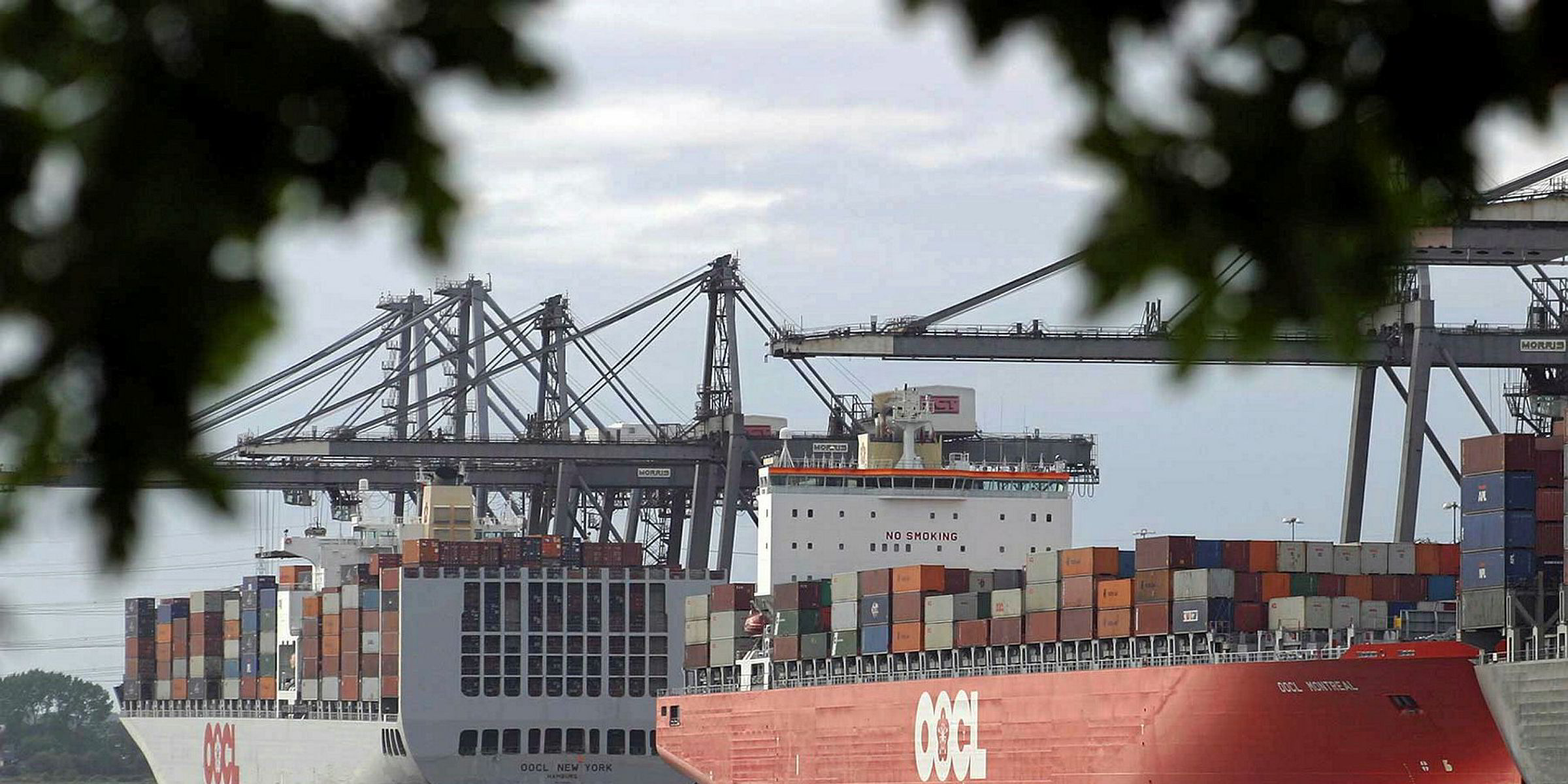Regulators at the Shanghai Stock Exchange (SSE) are holding up the acquisition of the parent of Orient Overseas International Ltd (OOIL) until Cosco does a better job of explaining its takeover bid to its shareholders.
OOIL is the corporate entity that operates as Orient Overseas Container Line (OOCL). Shanghai listed Cosco Shipping Holdings and Shanghai International Port Group have a $6.2bn all-cash offer on the table for 100% of OOIL, subject to regulatory approval.
The SSE regulators are giving Cosco until next Tuesday to make additional disclosures and explanations.
The SSE demand for further is thought unlikely to pose any important obstacle but could make interesting reading, not least those who have asked why OOCL is worth $6.2bn.
The claimed $2.69bn "synergy effect" of the merger would account for 43% of the total $6.2bn valuation, and the Shanghai officials want the specifics of how these synergies will be realised when the merger is completed. They also question whether similar synergistic effects were considered on an apples-to-apples basis when comparing the valuation of similar transactions.
They are also interested to know more about how the 8x ratio of enterprise value to Ebitda was determined.
After the merger Cosco and SIPG want to keep target company OOIL's Hong Kong stocklisting intact, and the SSE is puzzled about how they will be able to do that under Hong Kong Stock Exchange rules if they become the target company's sole owners.
The regulators also think Cosco's disclosures up till now have left too much unexplained about the risk for Cosco's investors from US and EU antitrust review of the transaction, as well as review by the Committee on Foreign Investment in the United States (CFIUS), the US organ that has to weigh the possible security risk in acquisitions by certain overseas parties, especially those owned by governments of certain countries.
Here OOIL's ownership of the Long Beach Container Terminal in California is thought to have special relevance if current US policy debates make CFIUS reviews more stringent.
The SSE also wants more specifics about the financing arrangements. They are especially interested in the process of securing consent from non-Chinese creditors, and whether it could entail early repayment of debt that would affect company operations. Besides fuller disclosures, SSE authorities want Cosco to offer lawyers' and investment bankers' views on the subject.




